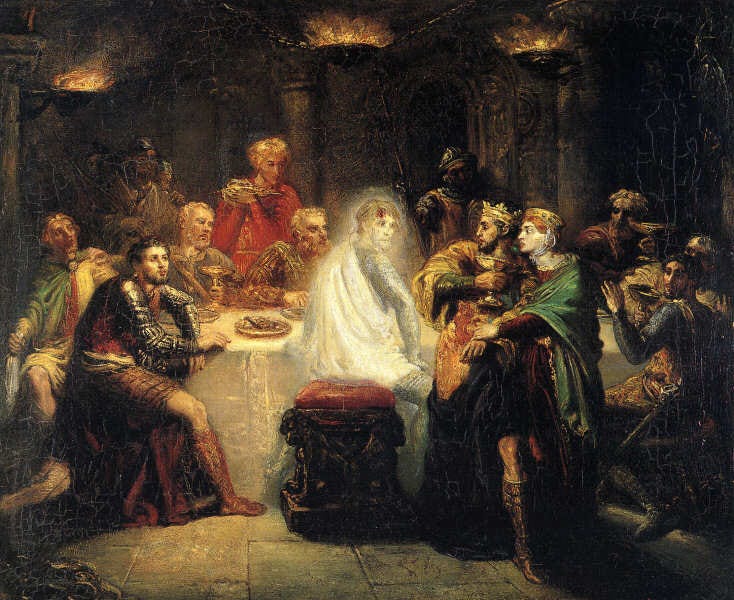Vulnerability and Leadership
It takes real strength to be vulnerable.

“When we were children, we used to think that when we were grown-up we would no longer be vulnerable. But to grow up is to accept vulnerability... To be alive is to be vulnerable.”
— Madeline L’Engle
The three most humbling words a leader can say are: “I was wrong.”
It might seem disempowering to admit we don’t know everything. But that’s part of leadership. We’re human and we’re not always correct.
There’s a myth that leaders are supposed to seem tough, confident, and infallible—almost superhuman at times—and never admit a failure.
Who doesn’t admire a leader who can withstand the challenges and blows that are sent their way? We like to think those who protect us are themselves impervious to harm.
But even the strongest heroes can be vulnerable. Achilles’ had his heel. Superman had kryptonite.
There’s a remarkable thing about this, though: when we …



